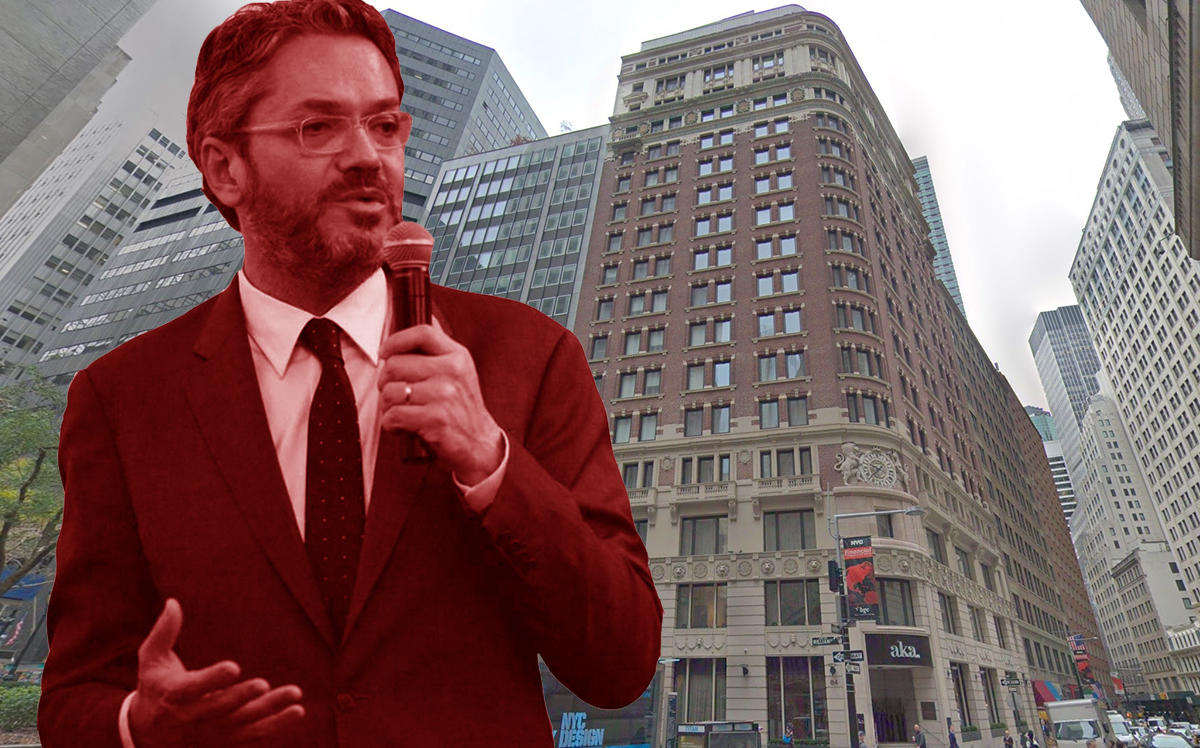Trending
Crowdfunding firm Prodigy is broke, former exec claims in defamation lawsuit
Complaint by ex-COO Vincent Mikolay alleges crowdfunding platform has “cash difficulties”

A former Prodigy Network executive is suing the real-estate crowdfunding platform and CEO Rodrigo Niño, alleging that the company’s “cash difficulties” aren’t his fault — they’re Niño’s.
Vincent Mikolay was named interim chief operating officer at Prodigy in December 2017 and became the permanent replacement a few months later. In his complaint, filed Thursday in New York County Supreme Court, Mikolay also claims that Prodigy hasn’t paid him his shares of Class B incentive units since he was terminated in December 2018.
Prodigy did not return messages seeking comment. Mikolay’s attorney, Gabrielle Vazquez of McGrail & Bensinger LLP, declined to comment, and Mikolay could not be reached.
At company-wide meeting in April, Niño allegedly told staff that Mikolay and another Prodigy employee were fired because they “took $2.5 million from the business and that is why we are currently experiencing cash difficulties,” Niño is quoted as saying in the complaint.
Mikolay’s complaint says that these statements were false and constitute defamation, hurting Mikolay’s “financial, personal and professional character” and that Mikolay was fired in part because his salary was too high.
Mikolay has a different theory about the company’s alleged financial woes: Niño’s “poor management and irresponsible financial practices,” the filing states.
That’s also the reason that Mikolay believes Prodigy is not paying out his incentive payments. The firm told Mikolay that Prodigy is suspending the issuance of Class B units — Nino holds the voting Class A units — because of possible problems with their issuance. But Mikolay thinks the firm is really holding back on the payments to fund Niño’s “excessive personal distributions and expenses,” according to the filing.
A Colombia native, Niño launched Prodigy in 2003 in Miami as a brokerage firm. He began crowdfunding for commercial real estate investments in Latin America several years later.
Tapping into his solidified base of international investors, Niño was able to crowdfund his first New York project in 2012, when the investment method was still illegal for U.S. investors. In September 2013, the U.S. Securities and Exchange Commission gave the green light for U.S. investors to get into real-estate crowdfunding.
Prodigy has so far raised $690 million in capital from 6,500 investors, according to its website. The firm values its portfolio at $1 billion. In New York, it claims to have raised roughly $412 million in preferred equity investments across five properties, often partnering with Shorewood Real Estate Group to convert buildings into extended-stay hotel rooms and co-working spaces. Prodigy does not appear to have any open projects for investors in New York.
The platform is listed as “on probation” on Real Estate Crowdfunding Review, a website started by entrepreneur Ian Ippolito to track the industry, for having “little to no deal volume” of late.
In April, Prodigy announced it closed on a $22 million equity fundraising round for land acquisition and pre-development costs for its first project in Chicago, a seven-story multifamily property in the city’s Old Town neighborhood. The project, a joint venture with Marc Realty Capital and Ruttenberg Gordon Investments, is set to open in 2020.




